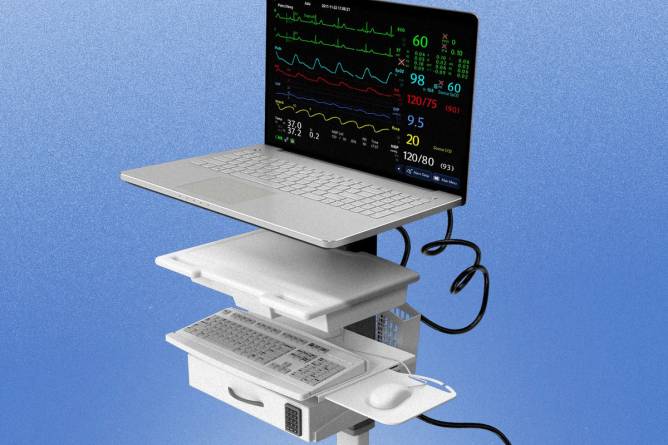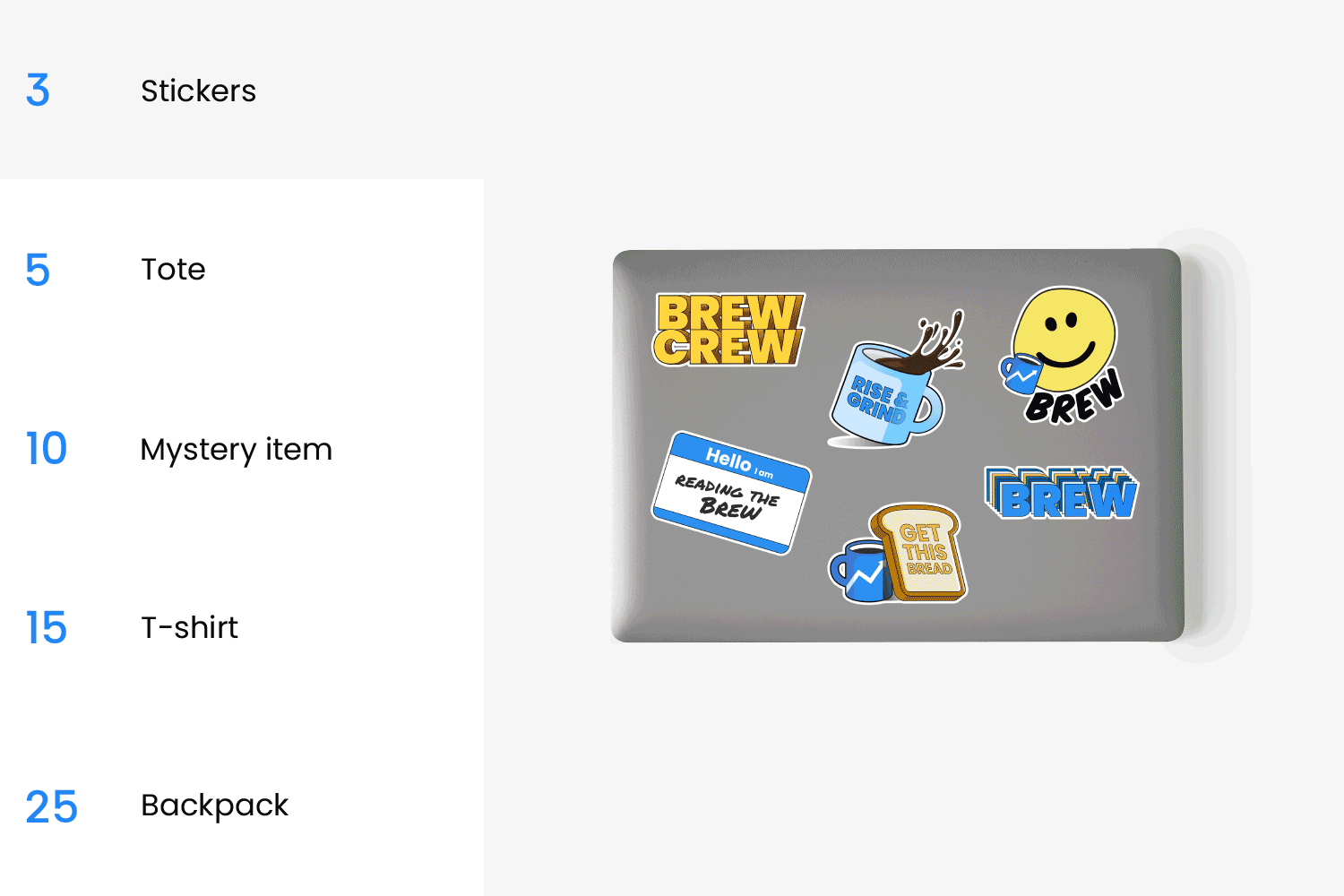|
For the first time ever, the US government has negotiated drug prices directly with manufacturers, thanks to President Joe Biden’s Inflation Reduction Act.
The White House revealed the new drug prices on Thursday, the start of a promise to lower drug prices—and also the continuation of a long-lasting fight with the pharmaceutical industry.
The discounts, which will take effect in January 2026, target 10 drugs covered by Medicare Part D, which treats conditions such as diabetes, autoimmune diseases, and cancers.
Projected savings. The markdowns range from 38% on Pharmacyclics LLC’s blood cancer drug Imbruvica to 79% on Merck Sharp Dohme’s diabetes drug Januvia.
Medicare spent more than $56 billion on these drugs last year—about 20% of its annual total. People with Medicare Part D prescription drug coverage spent $3.9 billion out of pocket on these drugs last year.
When these deals take effect, taxpayers are expected to save $6 billion on prescription drug costs and enrollees can expect to save $1.5 billion in out-of-pocket costs, according to a White House fact sheet.
Keep reading here.—CC
|







